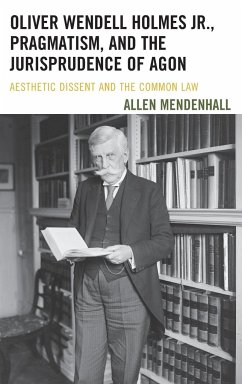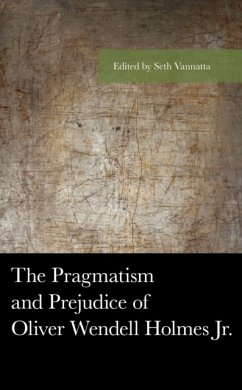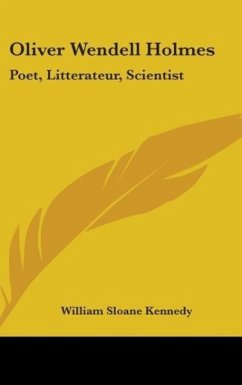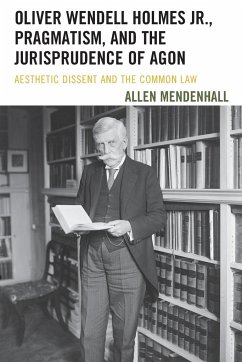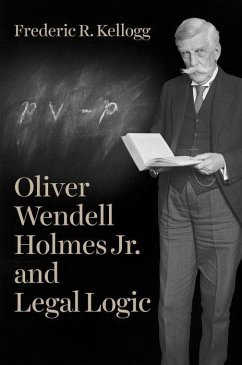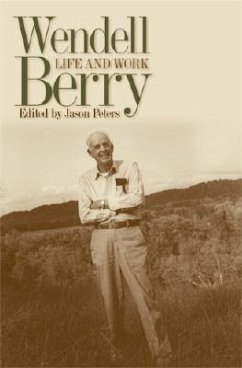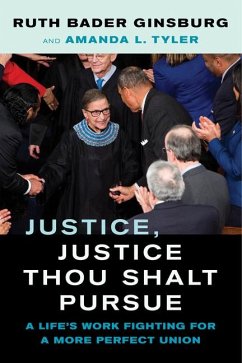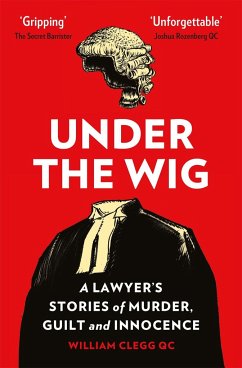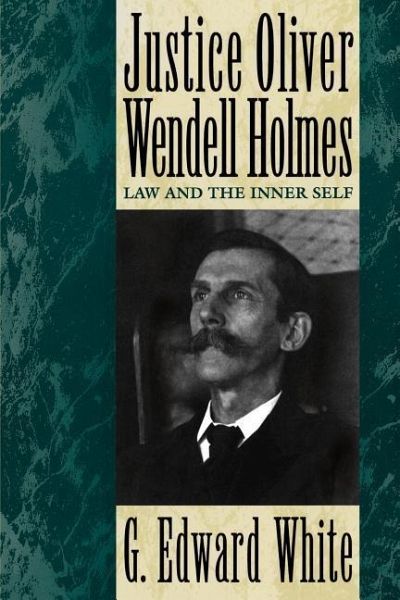
Justice Oliver Wendell Holmes
Law and the Inner Self
Versandkostenfrei!
Versandfertig in 1-2 Wochen
62,99 €
inkl. MwSt.
Weitere Ausgaben:

PAYBACK Punkte
31 °P sammeln!
In this book G. Edward White, the acclaimed biographer of Earl Warren and one of America's most esteemed legal scholars, provides a rounded portrait of a remarkable jurist. White provides a vivid portrait of Holmes's life and an astute commentary on his legal writings, including the classic work, The Common Law. He reveals that some of the themes that have dominated twentieth-century American jurisprudence DS including protection for free speech and the belief that judges make the law DS originated in Holmes's work. Suggesting that understanding Holmes's life is crucial to understanding his work, White continually stresses the connections between Holmes's legal career and his personal life.
A complete biography of Oliver Wendell Holmes which shows the relationship between his nineteenth-century Boston Brahmin upbringing and his twentieth-century legal innovation. By examining Holmes's colourful life, White shows the connection between legal thought and cultural change.





